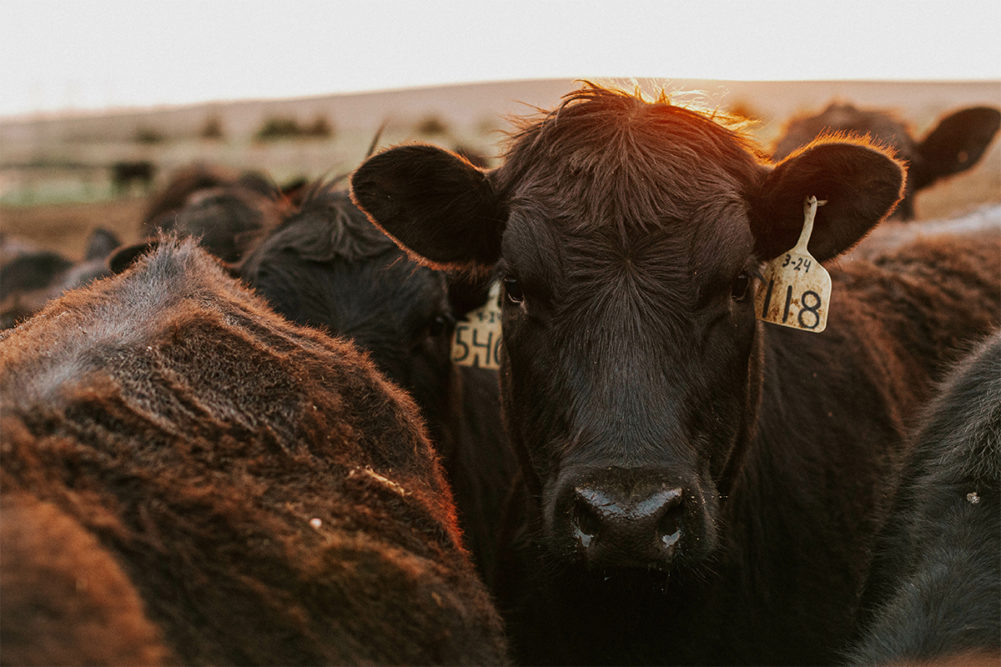WASHINGTON — On Oct. 8, the US Department of Agriculture (USDA) announced steps the agency plans to take in promoting competition among US farmers and ranchers, in line with President Joe Biden’s Executive Order on Promoting Competition in the American Economy.
During a Farmers and Ranchers in Action event hosted at the White House, Agriculture Secretary Tom Vilsack announced three main steps the USDA will take:
- Through a multipart framework, USDA is leveraging its funding and research capacity, as well as interagency partnerships, to increase transparency and improve researcher access to seed germplasm, the starting materials plant breeders need to create diverse, resilient, and competitive seed varieties.
- USDA published an interim report on Oct. 8 that assesses competitive conditions in the meat retail industry. The report draws on over 1,600 comments received from the public in response to USDA requests for information and interviews with small, medium, and large meatpackers, distributors, retailers, academics, and farmer or advocacy organizations.
- USDA is issuing an Advanced Notice of Proposed Rulemaking (ANPR) to seek comment on several possible interventions to develop new benchmarks as Alternative Marketing Agreement (AMA) base prices and approaches to trading when using benchmarks. This announcement is part of the agency’s rulemaking effort under the Packers & Stockyards (P&S) Act.
“Over these last four years, the Biden-Harris administration has made historic investments in agriculture to help farmers, small businesses and rural communities get a fair shake,” Vilsack said. “Our work on competition is about opening up new markets for farmers and delivering fairer, more competitive choices. Today’s actions will help to deliver on more choice and lower costs for seeds used by farmers, more choice and lower food costs for consumers, and a fairer marketplace for ranchers.”
Soon after the announcement, Julie Anna Potts, president and chief executive officer of the Meat Institute, issued a statement pointed at the USDA’s continuation of rulemaking under the P&S Act. She declared the agency’s actions to be an attempt to “assert government control over the free market to the detriment of cattle producers, packers and consumers.”
“When USDA says it wants to ‘enhance fairness’ in cattle markets, they mean pick winners and losers,” Potts said. “They want to end the use of Alternative Marketing Arrangements and force producers and packers into the cash market.”
Potts stressed the importance of AMAs, which she explains as a producer-driven innovation to incentivize raising livestock with value-added traits, such as improved genetics, quality or sustainability.
“Despite the administration’s belief otherwise, cattle production operations are not all the same and the cattle they produce are not one-size-fits all,” Potts added. “Moving back in time to a commodity cattle market will reduce competition, innovation and quality, ultimately hurting the entire industry.”
She argued that AMAs provide the same benefits USDA is looking to support — choice, flexibility, transparency and higher prices.
“The Meat Institute remains opposed to all of the Biden administration’s proposed and final rules changes under the Packers & Stockyards Act because they are outside the scope of USDA’s authority,” she concluded in her statement.


